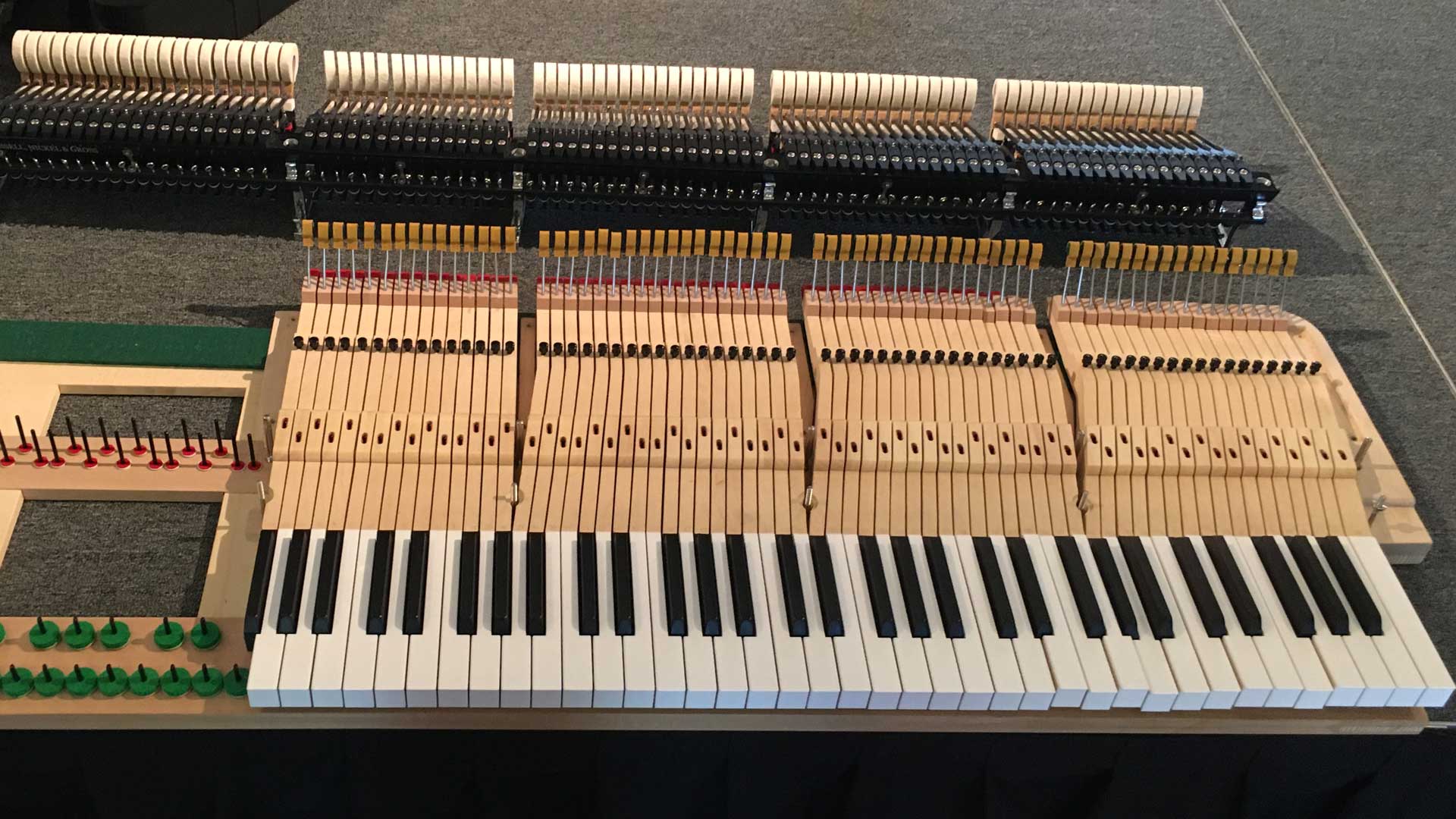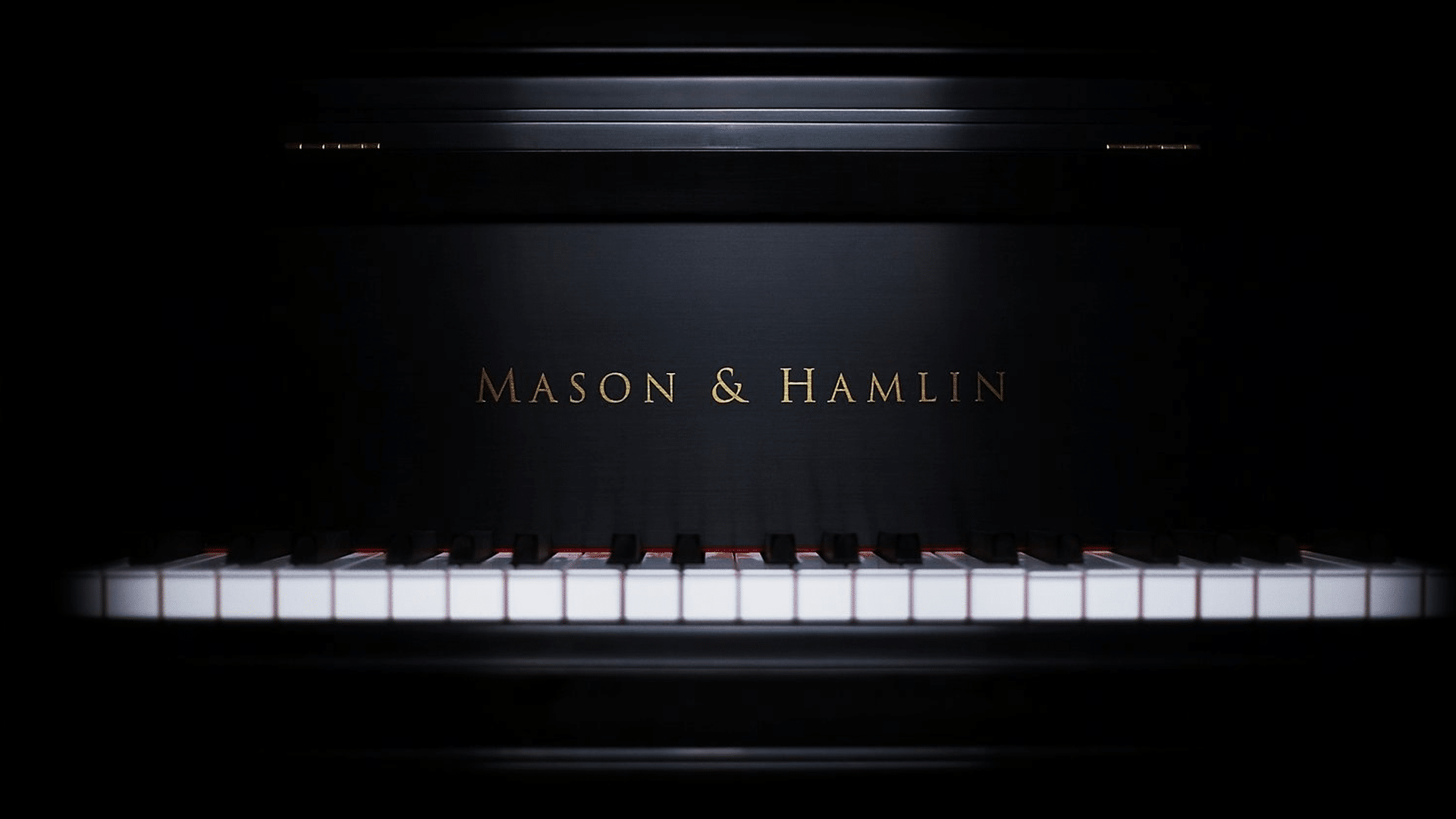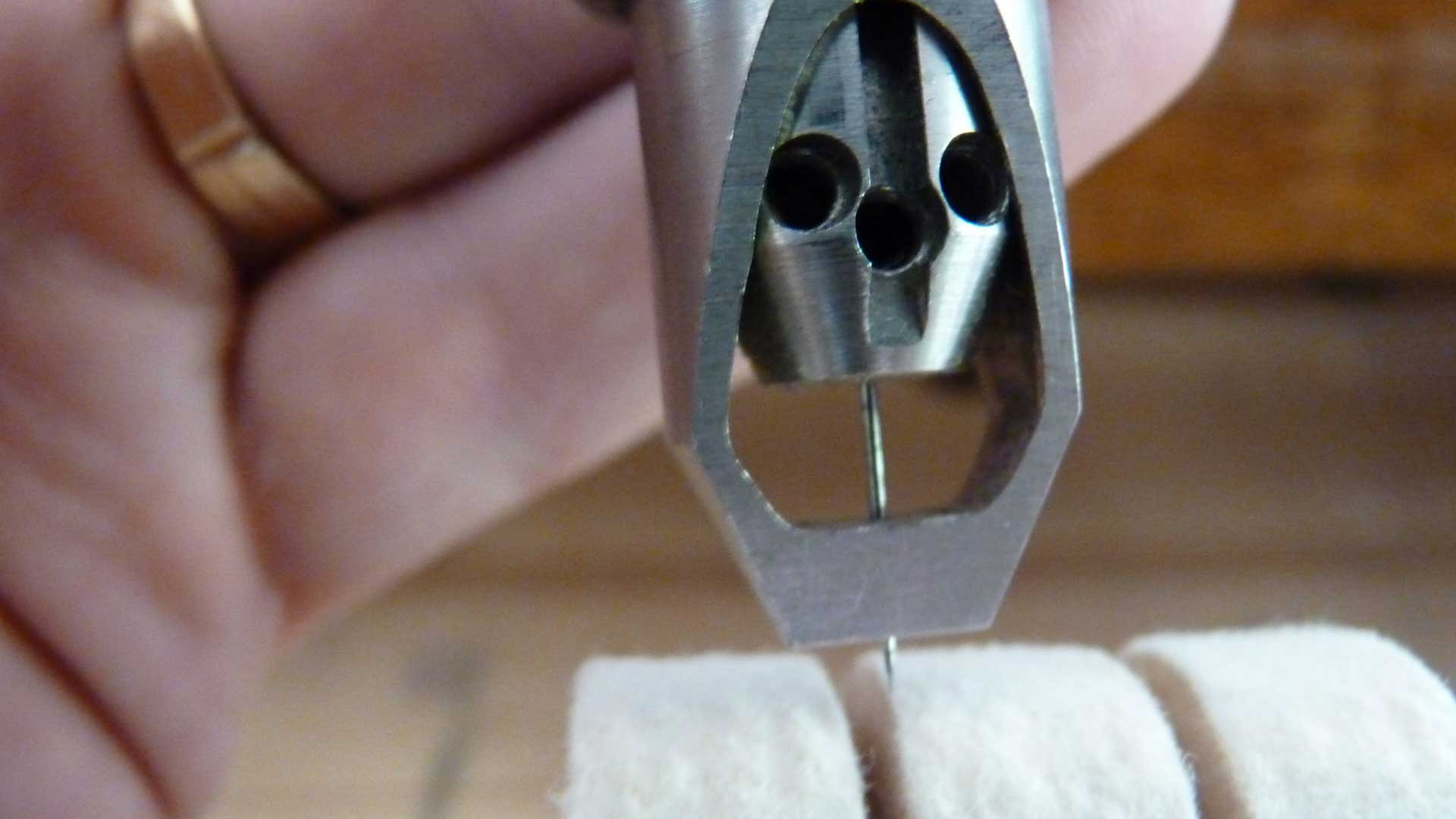I’ll start with the moral of the story: find yourself a piano technician that you trust.
Why? Well, this may seem strange, but a piano technician may help you play your piano better!
Now to the start of the story. A pianist commented that he had problems playing a “piece of music” and was frustrated due to having a performance date booked in.
I commented that the piece of music was challenging to an upright piano, and he really should be practising on a grand piano.
The problem for the pianist was that finding a grand to practice on was difficult, as well as he was concerned about the pandemic.
Upon arrival, I asked the pianist to play and noticed that he could not make the action repeat, or the action was not ready to be played when his hands released the keys.
I explained that the piano action is a series of levers, that make up two levers—i.e. front of the key and the back of the key. The front of the key is depressed, and that, in turn, lifts the hammer towards the string and then the action releases the hammer (called escapement or let-off) and strikes the string.
The relationship between the distance the hammer travels towards the string is related to the distance the key is depressed. Standard measurements are around 45-47 mm hammer travel to 10 – 10.5mm key travel.
In this instrument the relationship was incorrectly set-up, causing a lack of control of the action. The escapement was also too wide, making the possibility of “pianissimo” playing impossible.
This early escapement also gave the impression that the hammer was hitting the string before the sensation of reaching the bottom of the keystroke—a bit like falling into a hole.
After moving the hammers closer to the strings, adjusting the escapement, and checking other adjustments, I asked the pianist to “have a test drive.”
Immediately, he looked more comfortable playing the instrument, and the repeated notes were sounding as the composer intended.
So why do I say, “find a piano technician you can trust?”
I was recommended to this pianist from a client who trusts my capabilities as a technician and that I could also understand the pianists’ goals and frustrations.
If I just tuned the piano and didn’t work from the principle that a piano and the musician work together to make music, I would not have been able to discover the pianist’s frustrations with their instrument or even his capabilities as a musician.
From those few minutes of conversation, I could explain why the instrument wouldn’t perform the way he wanted and find solutions to achieve his musical intentions.
So, the next time you book a piano tuner, make sure your piano technician takes the skills and wishes of the musician into account and doesn’t just twiddle the strings. Proper piano tuning takes both into account.



